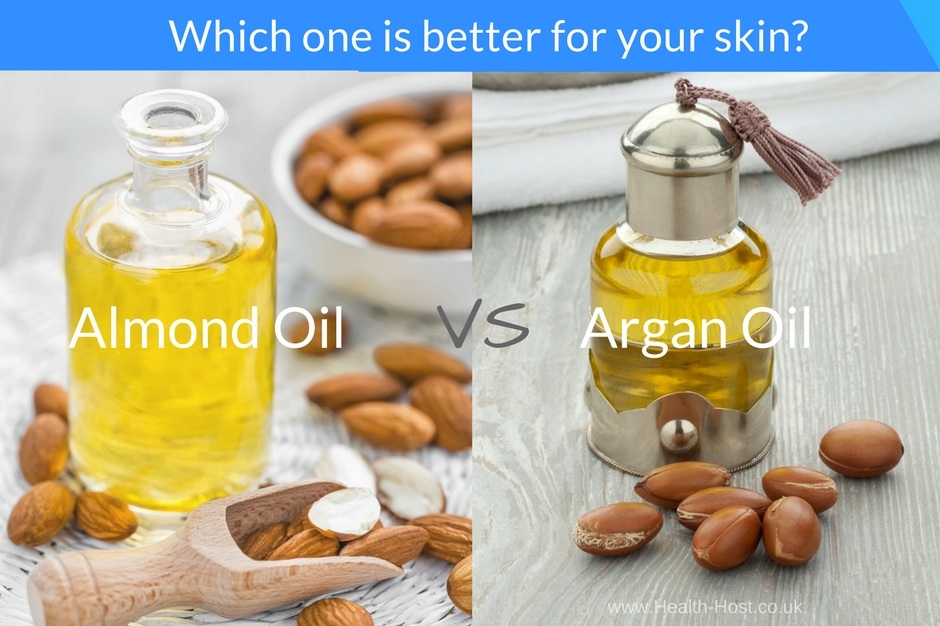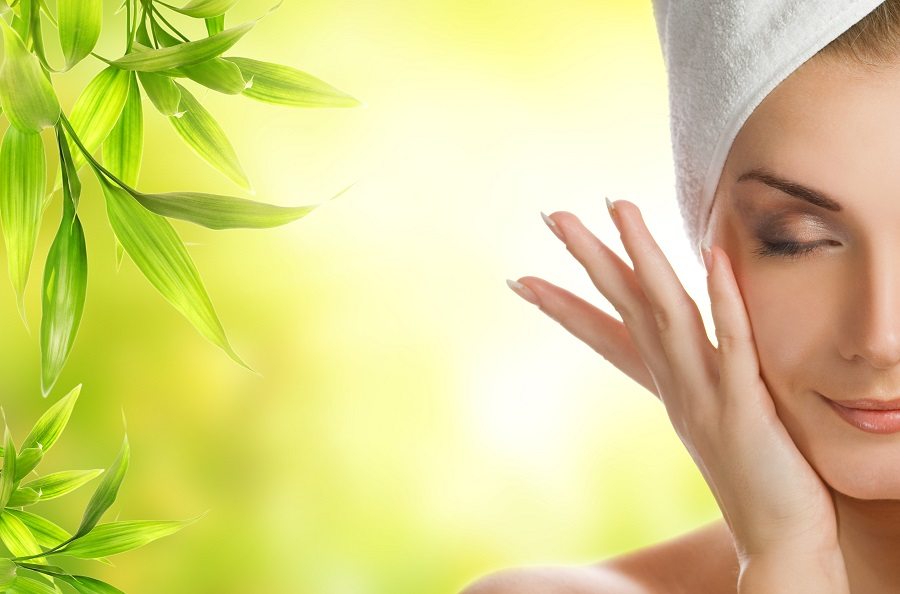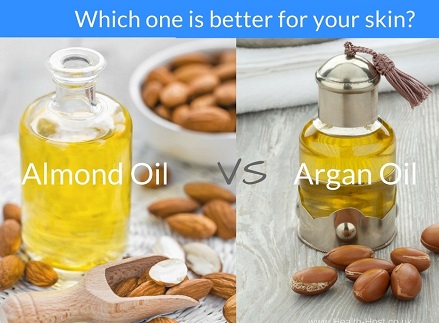
Essential oils have been a medicinal and beauty staple of civilizations for centuries. Somewhere, the once well-known knowledge about the uses of these oils, fell into the cracks. To this day, in fact, very little knowledge and scientific evidence about the efficacy of these oils for health, beauty and well-being have been established.
Nevertheless, people have a renewed interest of essential oils in recent years. What began as a growing public love for aromatherapy has quickly revived ancient uses of these oils for skincare and personal care in general.
Essential oils are so named because these are extracts of the essence of plants — any part of it, whether it is a flower, bark or leaves.
To be clear though, these are no different from plant oils. Most essential oils take kilograms to derive just one drop of oil.
The oils are derived through many techniques but, the higher grade varieties are obtained via distillation or steaming. What is left in the process are plant oils.
Argan oil and almond oil are two of such oils.
Argan oil is abundant in Morocco and is derived from the argan tree.
Almond oil, on the other hand, is derived either from sweet or bitter almond.
Skin Benefits
Both types of essential oil are rich in monounsaturated and polyunsaturated fatty acids that are highly nourishing to the skin and help rebuild skin’s natural protective barriers. Like other essential fatty acids, these oils are not attracted to water, and are structured in a way that they can easily and deeply penetrate the skin.
Although these are highly concentrated plant oils, Argan Oil and Almond Oil do not leave the surface of your skin greasy when applied topically. These properties make these oils ideal for your regular skincare routine.
Other than fatty acids, Argan oil consists of the following:
- Phenols, are antioxidants. Among which, catechin and epicatechin, have been found to have provide UV protection. Oleuroein aids in skin repair. Tyrosol has antiseptic properties.
- Tocopherols (Vitamin E), highly moisturizing and serves as an antioxidant.
- Carotenes (Vitamin A), which makes it a natural skin treat to prevent and improve the appearance of wrinkles.
- Squalene, gives the oil a natural ability to shield skin from UV, antioxidant, antibacterial and stimulates cell regeneration.
On the other hand, Almond oil consists of:
- Phenols and flavonoids, act as antioxidants. Among which, Rutin, neutralizes free radicals, enhances the beneficial effects of Vitamin C, and helps strengthen delicate capilliaries and improve fluid and oxygen circulation. Like almond oil, it also contains catechin and epicatechin. Quercetin aids in skin repair and has natural anti-inflammatory properties.
- Vitamin E, for skin nourishing.
- Zinc and Magnesium, boost skin’s anti-inflammatory response.
- Potassium, enhances the ability of the skin to hold and lock in moisture.
Why you need an Argan Oil and Almond Oil in your beauty routine
Argan oil and almond oil can be safely combined as almond oil serves as a carrier oil. Here are just 5 ways you can incorporate these oils in your daily beauty routine:

Argan oil and almond oil can be safely combined as almond oil serves as a carrier oil. Here are just 5 ways you can incorporate these oils in your daily beauty routine:
- For acne, use as an oil cleanse. Argan and almond oils’ natural antiseptic properties will help rid your skin of infection-causing bacteria. Perform an oil cleanse once or twice weekly. Start by giving your face a quick cleanse with lukewarm water. Massage in oil. Leave on. Take a towelette, wet in lukewarm water, squeeze, and leave no your face up to one minute. Then, wipe off oil using the towelette.
- For wrinkles, use as a moisturizer. Both oils contain high levels of fatty acids and Vitamin E, and are deeply penetrating. These make these oils perfect for boosting skin hydration and keeping the moisture in.
- For healthy complexion, leave on skin overnight. The natural anti-inflammatory properties of both oils will relieve swollen, reddish skin and other signs of irritation. These oils’ abilities to repair skin’s outer protective barriers and to stimulate skin cell turnover make it an ideal addition or even replacement to your go-to night cream.
- For added UV protection. Antioxidants, phenols and flavonoids provide the skin with additional UV protection. Use under your sunscreen and makeup during the day to amp up skin protection from damaging UV rays.
- Other uses. Both oils are also ideal for deep conditioning your hair, relieving your scalp from dryness and flakes and even strengthening your nails.
Conclusion
Keep in mind that essential oils come in different formulations too, and you should get cosmetic grade if you’re planning to use it for topical skin application. If you’re not sure how to use it, make sure you’re getting a ready to apply formulation because essential oils can be detrimental to your health if used incorrectly.

Leave a Reply